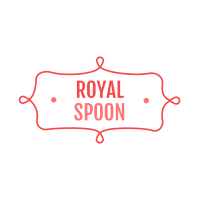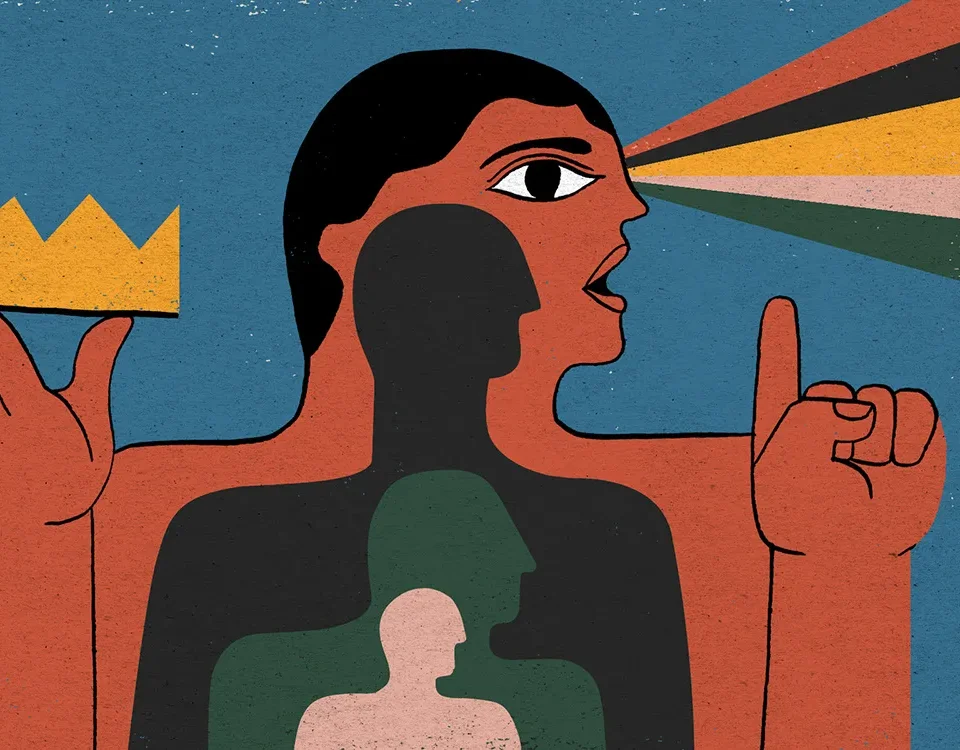Monarchies have long been a subject of fascination and debate, particularly in the context of modern democracies. In the 21st century, the role of monarchy remains a topic of contention, with proponents arguing for its symbolic significance while others question its relevance in political governance. This article delves into the dual nature of monarchy, examining both its symbolic and political dimensions within contemporary democratic systems. While traveling through the different states of these monarchies, take care of your precious jewelry that you can store in a special ring case that is very convenient and you will not lose it.
Symbolic Significance of Monarchy
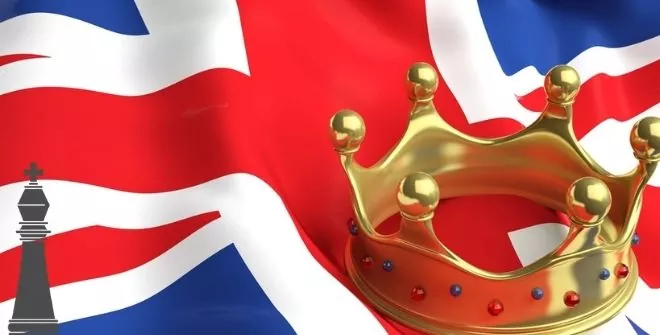
Monarchy, as an institution, holds deep-rooted historical and cultural significance in many nations across the globe. From ceremonial duties to representing national identity, monarchs often serve as symbols of continuity and unity within their respective countries. Transitioning from a historical legacy, monarchies contribute to the preservation of cultural heritage and tradition, embodying a sense of pride and identity for citizens.
Furthermore, the ceremonial role of monarchs extends beyond national borders, playing a crucial role in diplomacy and international relations. State visits, royal weddings, and other public events featuring monarchs serve as platforms for diplomatic engagement and soft power projection. The presence of a monarch can enhance the prestige and visibility of a nation on the global stage, fostering diplomatic ties and cultural exchange. You can rent a car in Beograd and get involved in some of these events, especially in Europe, which are extremely lavish and worth seeing.
However, critics argue that the symbolic significance of monarchy is largely symbolic and ceremonial, lacking substantive political influence in modern democracies. While monarchs may embody national unity and tradition, their role in governance is often limited to symbolic acts and ceremonial duties. In the age of representative democracy, where elected officials hold legislative and executive power, the hereditary nature of monarchy raises questions of legitimacy and accountability. Of course, in order to delve deeper into this topic, it is necessary to have a good command of history, and those who have a weak point can turn to a science tutor in Boulder, with whom they will successfully pass their tests in schools, achieving exceptional results.
Political Dynamics of Monarchy
Despite the ceremonial nature of monarchy, some argue that it still holds political relevance in the 21st century. Constitutional monarchies, where the monarch’s powers are defined and limited by law, often serve as stabilizing forces within democratic systems. By embodying continuity and impartiality, monarchs can act as symbols of national unity, especially in times of political turmoil or transition.
Moreover, in parliamentary democracies, monarchs play a role in the formation and dissolution of governments, as well as the enactment of legislation. While these powers are largely symbolic and ceremonial, they can have practical implications, particularly in situations where political deadlock or instability arises. The ability of monarchs to act as neutral arbiters can facilitate the resolution of political disputes and the maintenance of democratic stability. Through highly attended and active online courses, you can learn more about the cultures of different nations as well as the importance of monarchies in different countries and debate with others about their role.
However, critics argue that the political role of monarchy undermines the principles of democratic governance, as it perpetuates hierarchies based on birthright rather than merit or popular consent. In an era marked by calls for greater accountability and transparency, the hereditary nature of monarchy can be seen as antithetical to the principles of equality and popular sovereignty. This can all be seen very deeply from the side of today’s regimes, but you may be more comfortable simply enjoying the beauty of some of the monarchies like Spain where you can enjoy wonderful warm beaches in your new comfortable bikini.
Balancing Symbolic and Political Power
In navigating the role of monarchy in 21st-century democracies, striking a balance between symbolic and political power is essential. While monarchs may serve as symbols of national unity and tradition, their political influence should be carefully circumscribed within the framework of democratic governance. Constitutional safeguards and democratic norms can help mitigate the risks associated with unchecked monarchical power, ensuring that monarchs remain accountable to the will of the people.
Moreover, fostering greater transparency and public engagement can enhance the legitimacy of monarchy within democratic systems. By involving citizens in decision-making processes and promoting dialogue between elected officials and the monarchy, governments can reinforce the democratic credentials of the monarchy while preserving its cultural and historical significance. The inclusion of monarchs in spheres of great importance such as health can significantly improve some of the crucial problems, in the opinion of the health clinic in Marietta GA, and if you have any problems or symptoms you can contact one of their excellent and respected doctors.
Ultimately, the role of monarchy in 21st-century democracies is a complex and multifaceted issue that requires careful consideration and deliberation. By acknowledging both the symbolic and political dimensions of monarchy, societies can chart a path forward that respects tradition while upholding the principles of democratic governance. In order to understand the essence that is hidden behind all this, a good knowledge of history is necessary, and students who are not very good at that subject or another can turn to excellent homeschooling tutors in Bettendorf.
The Role Of Monarchy In National Identity Formation
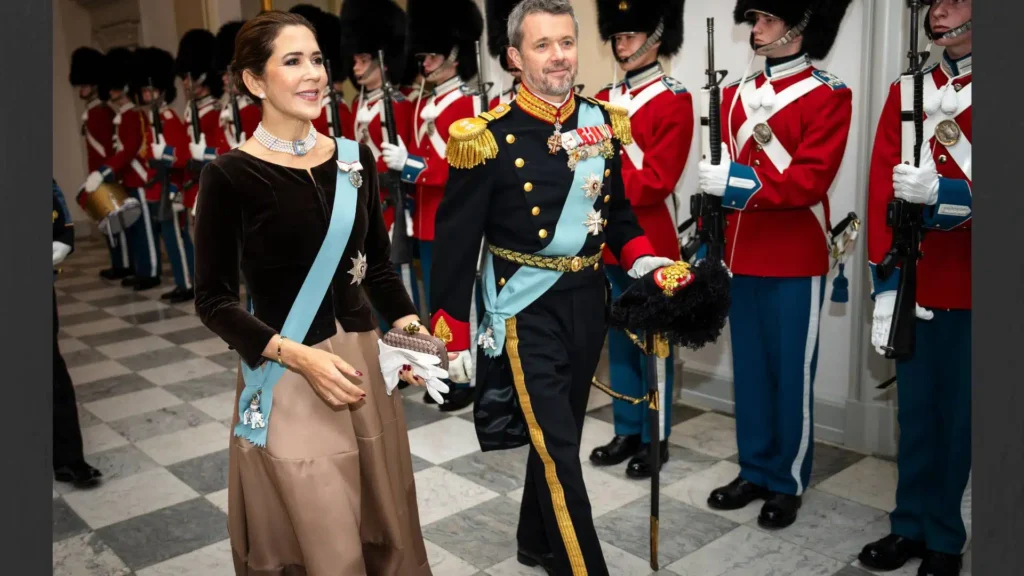
Monarchies serve as vital components in the formation and preservation of national identity, contributing to the collective consciousness and cultural heritage of their respective nations. Through centuries of tradition and ceremony, monarchs become emblematic figures embodying the spirit and values of their people. National symbols, such as flags and anthems, often derive their significance from monarchical representation, reinforcing the connection between the monarchy and national identity.
Moreover, the monarchy’s role in national identity formation extends beyond ceremonial duties to include moments of crisis and triumph. During times of adversity, monarchs serve as symbols of resilience and solidarity, rallying citizens around a shared sense of identity and purpose. Conversely, during times of celebration and achievement, monarchs personify national pride and achievement, uniting citizens in moments of joy and celebration. However, whether today their role is so significant or just a formality, you can sit in the comfort of your cozy home which if you decide to invest wisely looking for a great place to live can be one of the homes in Boca Falls, and explore more about this finding parallels between the current and former roles of monarchs.
In addition to shaping collective identity, monarchies play a crucial role in preserving cultural heritage and tradition. Royal palaces, monuments, and artifacts serve as tangible reminders of a nation’s history and legacy, providing a link between past and present generations. Through initiatives such as cultural preservation and heritage tourism, monarchies contribute to the conservation and promotion of national heritage, ensuring that future generations continue to cherish and celebrate their cultural identity. Various places under the protection of the access control system from Philadelphia that can be installed in private homes for additional protection, bear witness to the history of famous monarchies, making passers-by look back and think about them.
The Evolution Of Monarchical Power In Modern Societies
The evolution of monarchical power in modern societies reflects broader shifts in governance structures and societal values. Historically, monarchs wielded absolute authority, ruling by divine right and hereditary succession. However, the emergence of democratic ideals and constitutional governance led to the curtailment of monarchical powers, with the establishment of constitutional monarchies and parliamentary systems.
In contemporary democracies, monarchs often serve as ceremonial figureheads with limited political authority, symbolizing continuity and tradition rather than wielding substantive power. Constitutional safeguards and democratic norms constrain the influence of monarchs, ensuring that governance remains accountable to the will of the people. Despite these limitations, monarchs retain symbolic significance and play a role in fostering national unity and stability. They may no longer go to war on their ceremonial horses with traditional saddle blankets, but they still play a formal role that must be preserved in times to come.
Furthermore, the evolution of monarchical power underscores the adaptability of monarchies in response to changing societal dynamics. By embracing constitutional reforms and engaging with democratic processes, monarchies have managed to navigate the transition from absolute to constitutional monarchy, maintaining relevance in the modern era. However, the balance between tradition and progress remains a delicate one, as monarchies seek to uphold historical legacies while embracing democratic principles. There are still various things that we can keep from history, such as interesting smoking accessories, but in fact, progress is being made in everything, and change in the systems with the monarchy is certainly inevitable.
Monarchy And The Challenges Of Modernity: Adaptation And Relevance
The challenges of modernity pose significant hurdles for monarchies seeking to maintain relevance and legitimacy in contemporary societies. Rapid technological advancements, globalization, and shifting societal values require monarchies to adapt to new realities while preserving their core values and principles. In an era characterized by social change and uncertainty, monarchies must demonstrate flexibility and resilience in addressing emerging challenges. When we talk about challenges, one thing that should not worry you is the challenges on your trip because if you are traveling through Europe by car, it is useful to have a roadside assistance app to easily deal with some more difficult challenges or sudden breakdowns while on the road.
One of the key challenges facing monarchies is the need to engage with diverse and multicultural societies. As populations become more diverse, monarchies must find ways to connect with citizens from different backgrounds and identities. This requires embracing inclusivity and diversity, ensuring that the monarchy represents and reflects the values and aspirations of all citizens. Social gatherings as they used to exist are no longer the same, but when it comes to you and your friends, you can always organize some pleasant seating where you will enjoy homemade wine served from crystal wine glasses, creating an atmosphere like in a court.
Moreover, the rise of social media and digital communication presents both opportunities and challenges for monarchies. While social media platforms offer unprecedented opportunities for monarchs to engage directly with citizens and enhance their visibility, they also expose monarchies to increased scrutiny and public criticism. Managing online reputation and navigating the complexities of social media requires monarchies to adopt new communication strategies and engage with citizens in meaningful ways. The internet provider that manages IT services in San Antonio provides its users with excellent internet with which they can stay abreast of public events and keep up with all the changes in royal families and political upheavals.
The Monarchy In The Era Of Social Media: Opportunities And Challenges
The advent of social media has fundamentally transformed the way monarchies interact with citizens and navigate public discourse. Social media platforms offer unprecedented opportunities for monarchs to engage directly with citizens, bypassing traditional media channels and fostering greater transparency and accessibility. Through platforms such as Twitter, Instagram, and Facebook, monarchs can share insights, updates, and messages with a global audience, enhancing their visibility and relevance. In this way, strong messages can be conveyed while engaging more people, this is very useful and if you are running a business, contact an excellent Colorado Springs SEO company that will take care of your excellent promotion plan that will get a lot of people to know about your brand and ideas.
However, social media also presents challenges in terms of managing public perception and handling misinformation. The instantaneous nature of social media amplifies scrutiny and criticism, exposing monarchies to increased public scrutiny. Moreover, the democratization of information through social media empowers citizens to voice their opinions and hold monarchs accountable, shaping public discourse and perceptions of monarchy in the digital age. All this creates extraordinary pressure on the public as well as on the royals, and sometimes it is simpler to immerse yourself in the world of literary nobility and join a youth organization such as a Readathon school fundraiser with which you will develop your reading habit by studying more about the royal families.
Despite these challenges, social media also offers opportunities for monarchies to enhance their engagement with citizens and strengthen their connections with diverse communities. By embracing social media as a tool for dialogue and communication, monarchs can foster greater transparency, accessibility, and inclusivity in their interactions with citizens. Moreover, social media allows monarchs to showcase their charitable work, promote national causes, and connect with citizens on a more personal level, enhancing their relevance and resonance in the digital age. In this way, they can get in touch with different organizations implementing their goals, however, if you run a business and would like to connect with a larger company in order to succeed in your intentions, it is not bad to find intermediaries, that is, excellent M&A business advisors who will help you with that.
The Future Of Monarchy: Towards A New Paradigm Of Royal Engagement
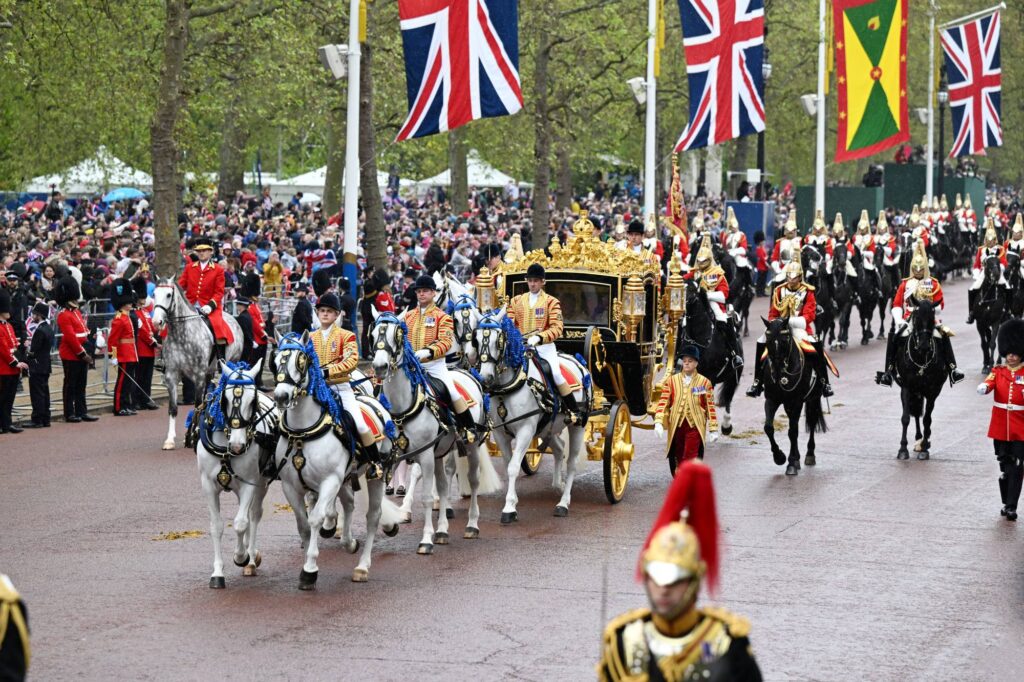
As monarchies navigate the complexities of the 21st century, the future of monarchy lies in embracing a new paradigm of royal engagement that balances tradition with innovation. This entails reimagining the role of monarchy in contemporary societies, leveraging technology, and fostering greater public participation and inclusion. By embracing principles of openness, accountability, and adaptability, monarchies can enhance their relevance and resonance in the digital age. Like them, we all have to get used to the changes that are coming at a dizzying pace in different areas, from new ways of communication to new kitchen appliances and smart homes, which are extremely good, especially since they have sensors that can immediately contact the emergency restoration services in Charlotte in the event of a malfunction, such as a broken pipe in the apartment, and will quickly repair the malfunction.
Moreover, fostering greater dialogue and collaboration with citizens can strengthen the bonds between monarchs and their respective communities, ensuring that the monarchy remains a vital and cherished institution in the decades to come. By embracing change and demonstrating adaptability, monarchies can navigate the challenges of the 21st century while preserving their historical legacy and cultural significance. As societies continue to evolve, the monarchy must evolve with them, ensuring its continued relevance and resonance in an ever-changing world. In order to keep up with today’s times, we can’t just think like this, but we can work to improve ourselves and the things around us, just as you can work to improve your car at a great transmission service in Buffalo by adding various amenities that can be more economical and an ecological move for the future.
Conclusion
In conclusion, the role of monarchy in 21st-century democracies is a complex and multifaceted issue that requires careful consideration and adaptation. From its symbolic significance to its evolving political dynamics, monarchy continues to shape and be shaped by the dynamics of modern society. By embracing change, fostering greater engagement, and upholding democratic values, monarchies can navigate the challenges of the 21st century while preserving their historical legacy and cultural significance. As societies continue to evolve, the monarchy must evolve with them, ensuring its continued relevance and resonance in an ever-changing world. For those enthusiasts who are more interested in the history of different monarchies, they can rent a car in Beograd and visit some of the famous European museums and archives where they will find different dynasties and historical stories related to them.
